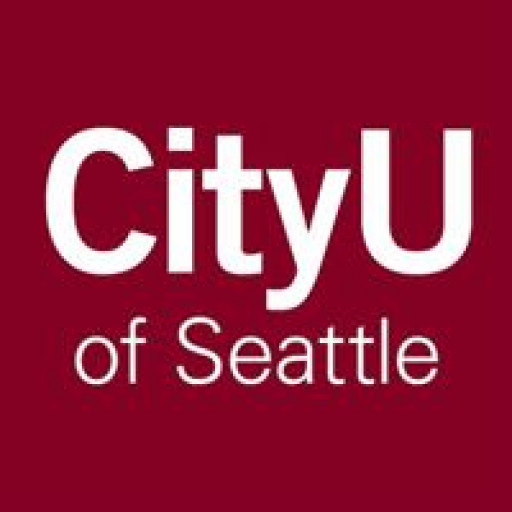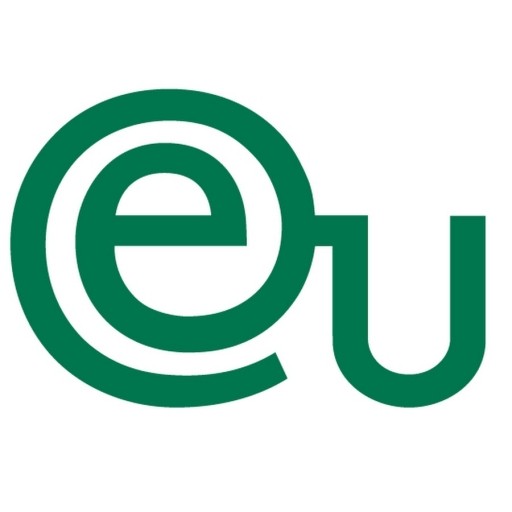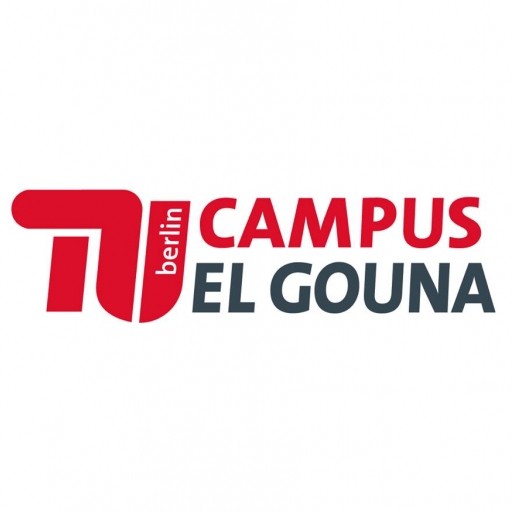Advertisement
The Greenwich School of Management Master of Business Administration (MBA) Human Resource Management pathway aims to promote a comprehensive understanding of how the human resource management role fits into the overall strategic decision making and problem-solving functions of the organisation.
More about the Human Resource Management pathway
Todays organisations are undergoing rapid change. No more so than in the area of the human resource. Organisations are becoming more diverse in respect of the staff employed: issues such as race, gender, culture and age confront the general manager. The management of people within an organisation is considered a strategic function rather than the responsibility of one particular functional area of the organisation.
The MBA Human Resource Management programme provides students with an organisation-wide perspective and aims to develop analytical skills within the context of human resource management. The focus of this MBA programme is on the interrelationship of human resource management problems and tasks.
Managers with the responsibility for staffing and personnel are adopting a more strategic approach to the issues of people in the organisation. The recruitment of the right people for the right job and the continual training and development of individuals to ensure their effectiveness within the organisation are strategic issues which concern both specialists and general managers as a whole.
The University of Plymouth MBA programmes at Greenwich School of Management can be studied by attendance in the following modes:
Daytime - 12 months full-time or 24 months part-time
Evening - 24 months part-time
Executive - 24 months (7 weekends and 3 Saturdays)
Full-time programmes are conducted between Monday and Friday, during the day. Part-time programmes are conducted at two daytime or evening sessions per week.
Programme Modules
* Human Resource Management
This module introduces the nature of corporate culture and change in organisations and the roles played by managers, individuals, groups and teams. It is also designed to develop an understanding of both the strategy and operational aspects of the management of human resources in organisations, and also the ways in which the quality of HRM affects all the functions of management.
The nature of HRM and the principal problem areas; significant functional areas of HRM; human resource planning; organizational change and human resource deployment; causes of conflict and methods of resolution; nature of organisational culture and the factors contributing to it; individual perceptions and motivations; HRM and impact on other management functions; HRM and teams; career development and promotion of personal skills; strategy of HRM.
* Business Environment and Strategic Management
Since the management of organizations is influenced by many external as well as internal factors, it is necessary to identify and understand the ways in which they influence management policies. It is also essential to understand how they influence strategic aims and how interrelationships affect long term planning and decision-taking.
The nature of strategic planning and its relationship to operational policies; organizational objectives and their impact upon resource acquisition and deployment; internal and external factors governing organizational objectives; compatibility of objectives; strategic choices, the direction and pace of change; evaluating strategic risks and methods of minimisation; methods of controlling strategic change; process of planning and managing organizational strategy; time horizons for long term planning, the effect of technological innovation and the emergence of new competition.
* Leadership and the Management of Strategic Change
Effective management depends not only on the right policy and techniques. It requires the appropriate management structure and allocation of responsibilities and accountability. It also necessitates reward systems which stimulate energy and provide incentives to achieve management objectives. These features of management will only work in organisations where effective leadership is present to plan, organise and communicate them.
Nature, purpose and structures of management organisation; allocation of responsibilities and accountability within organisation; influence of resources and objectives on organisation; changing size and technology on structure and organisation; role of leadership on structure and management organisation; management culture and the influence of leadership; symptoms of poor leadership; role of leadership in strategic change.
* Accounting and Finance for Managers
For non-specialist accountants this module introduces the basic concepts and techniques of Accounting and Finance and demonstrates the tasks and methods of identifying and resolving management financial issues.
The purposes of accounting; the uses of accounting information; the role of the financial accountant and the management accountant; the nature of financial information; company financial statements; the use of financial statements for management decisions; nature and techniques of financial controls; investment appraisal; raising finance; allocation of resources; use of working capital.
* Marketing Planning and Promotion
As an essential element of the management of organizations, marketing is significant as a theoretical and practical base for all managers. Whatever their specialist roles, all managers should be aware of the nature of the markets served and the relationships with their customers, since these factors have an impact on the ways in which all operations are planned and managed.
The strategic nature of marketing; market segment characteristics; bases of consumer behaviour; elements of marketing plans; assessing marketing opportunities by using market information; marketing mix; use of controls in marketing; integration of marketing communications; promotion and communications; integration of marketing policies with other management functions; applying marketing and customer communications to particular company situations and public sector organizations; setting a promotion plan; identifying the promotion mix; measuring the cost effectiveness of promotion; relating sales and promotion policy to market size and structure.
* Management Information and Communication Systems
Successful organizations depend upon the quality of the information available and the system of communicating both within the organisation and externally with suppliers and markets. Thus the technology employed is a crucial factor in effective management. It is therefore imperative that managers understand and are able to use this technology to enhance the quality of their decision-taking.
The dependence of management decision on information and communications systems; the strategic role of MICS; the technological features of MICS; innovation in MICS; the formation and integration of functional management policies; evaluation of MICS; the limitations of systems; the differing needs of organizations according to size, structure, technology employed and markets served; use of systems for control purposes; private and public sector management applications; developing MICS capabilities and knowledge management; e-commerce applications.
* Selection, Recruitment and Development
The effectiveness of organisations depends upon the abilities and motivation of individuals recruited to undertake particular sets of responsibilities. It is of vital importance, therefore, that those who are charged with the task of making suitable appointments understand the most effective methods of fulfilling their task, particularly since unsuitable appointments are not easily reversed. Since the process of change in organisations calls for new skills and flexibility on the part of human resources, a commitment to a process of development is essential to maintain successful corporate performance.
The importance of an effective selection and recruitment policy; different approaches to interviewing job candidates; how to identify skills and motivation; strengths and weaknesses of psychometric tests; job simulation; employment legislation and its relevance to candidate selection and appointment; attracting suitable candidates; evaluating the success of recruitment practices; contemporary issues and controversies in the field of selection and recruitment; job descriptions and flexibility in response to change; nature of human resource development; why is a policy necessary and what are the main constituents; benchmarking human resource development; relationship to total quality management; sources of resistance to human resource development and how to overcome resistance; consequences of a failure to adapt a development policy; methods of human development; skills and attitudes; Human Resource Development as an on-going process in the context of organisational change; aligning personal motivation to corporate goals; importance of an effective communications system and personal incentives.
* Research Skills and Project Management
This module provides a grounding in project planning, literature review and the principles of research methodology as a preparation for undertaking the major project as a culmination of the programme. The module covers the selection of an appropriate topic for the dissertation; methods of identifying and recording primary and secondary sources of information; strengths and weaknesses of different types of research methodology; methods of referencing information gathered from published work; compiling a bibliography; effective presentation techniques including a logical connection between objectives, methods, evidence and conclusions.
* Dissertation
Managers should be capable of investigating the nature of optimal solutions to a major business problem (or set of related problems) in one company or a number of companies operating with similar technologies or in similar markets. Such an investigation encompasses knowledge acquired from the subject matter of the taught modules of the programme and also methods of research of both a primary and a secondary nature.
The dissertation element of the MBA programme involves the preparation and presentation of a project of approximately 15,000 words in length directed towards the identification of a significant business problem of a company or industry and recommendations for policy making and action based upon a thorough examination of evidence and information relevant to the problem. The dissertation will also contain an examination of the published literature and will select a methodology appropriate to the problem investigated.
Postgraduate Funding
Career Development Loans
If you are over 18 and have been living in the UK for a minimum of three years before the course starts you can apply for a Career Development Loan. You can apply for a Career Development Loan through the Co-Operative Bank or Barclays Bank PLC.
You may be able to borrow between £300 and £10,000 towards the cost of your postgraduate study. Once your loan has been approved, the payment will be paid directly to GSM London.
Alumni Tuition Fee Discount
If you have graduated from an Undergraduate degree at GSM London, you will automatically be entitled to a 10% discount on any course you study with us within the 2012-2013 academic year.
Monthly Payment Plans
If a loan isnt for you, dont worry. At GSM London a monthly payment plan can be set up to help you pay for your tuition fees. At enrolment, a Student Finance advisor will set up a payment plan with you that is flexible to your earnings. Any monthly payment plans will be subject to a 10% instalment charge.
For further information regarding postgraduate payment plans, please contact the finance team.
Sponsored Students
If you are being sponsored by a third party or orginisation you must provide the finance team with a letter, on company letter head confirming the amount they are agreeing to pay. At this point the sponsor will then be sent an invoice from GSM London to arrange payment.
Accreditation
GSM London is proud to be affiliated to the organisations below:
* Affiliate School of Plymouth University
* Registered with the Universities and Colleges Admissions Service
* Member of the Royal Institution
* GSM London welcomes international students from over 60 nationalities worldwide and are proud of our international reputation as a trusted provider of quality degree education in partnership with Plymouth University. We are also proud to be Highly Trusted Sponsors. Find out more by visiting our International section.Ukba -logo
* An approved study centre of the Chartered Institute of Purchasing and Supply.CIPS_Approved _RGB_300dpi (2)
* Energy Institute: Learning Affiliate
* IELTS, the International English Language Testing System, is designed to assess the language ability of candidates who need to study or work where English is the language of communication.
GSM London is an independent School of Higher Education with two campuses in London. We specialise in study programmes leading to qualifications in business management, finance & accounting, law, travel & tourism, IT, HR, health services management and cognate areas, as well as awards of various professional bodies.
We were founded in 1973 and since then have produced over 20,000 successful graduates, many of whom occupy key positions in private industries such as oil and gas management, as well as in the public sector, around the world. Many of the School's students proceed to further studies and research in the university sector after having successfully completed their programmes at GSM London.
There are currently over 3500 students enrolled at the School, and while most of them are UK based we have a significant international students cohort representing over 60 nationalities.








